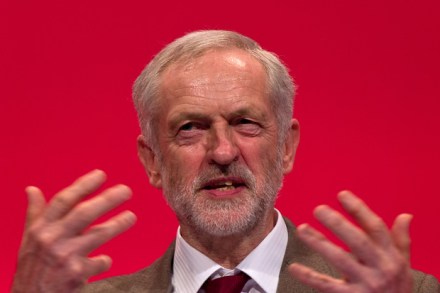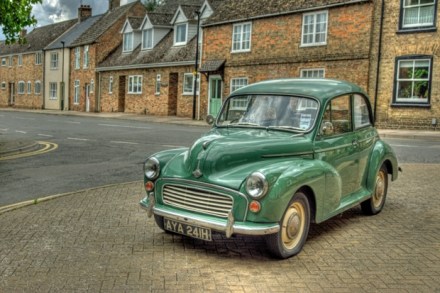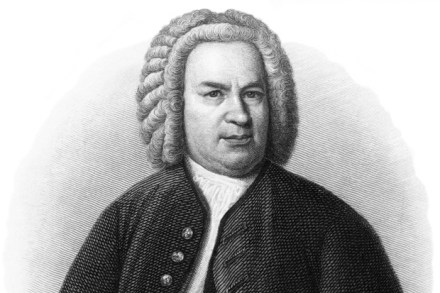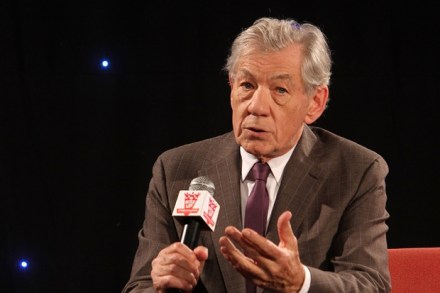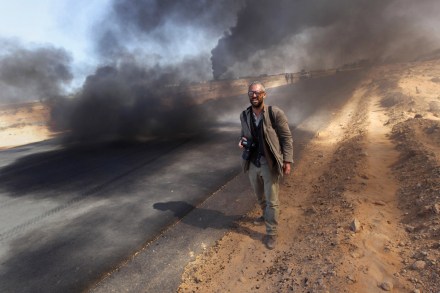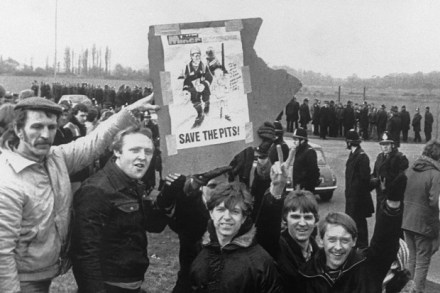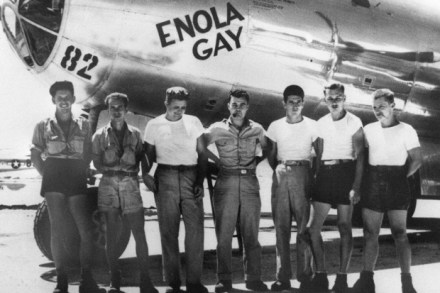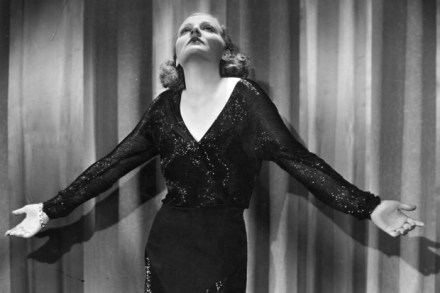Chance encounters
Some might say that Jeremy Corbyn is cloth-eared, tone-deaf, socially inept but on Monday morning, as the death of the pop artist David Bowie scrambled the agenda on Radio 4’s Today programme, he was as graceful and twinkle-toed as Bowie himself. The opposition leader had been invited on to the ‘big slot’ just after the eight o’clock bulletin to talk about his ‘shock’ reshuffle last week. David Cameron and the Archbishop of Canterbury, no less, had already provided their rent-a-quote verdicts on Bowie’s life and death. Nick Robinson asked Corbyn for his thoughts. Quick as a flash, he responded, ‘Does that mean I’m joining the great and the good…?’ Before
